Opportunities
NEW! Faculty positions in One Health
Four new tenure-track Assistant Professor faculty positions are available at the University of Guelph.
Positions will be open until 4/22/2025, or until a suitable candidate is found. To learn more, use the links below.
Waterborne Epidemiology
Department of Population Medicine
Ontario Veterinary College
Waterborne Disease Modelling
School of Environmental Sciences
Ontario Agricultural College
Smart, Nature-based Treatment of Waterborne Pathogens
School of Environmental Sciences
Ontario Agricultural College
Next Generation Sensing of Waterborne Pathogens
School of Environmental Sciences
Ontario Agricultural College
Events
One Health Policy and Practice: What can Canada and India learn from each other?
Tuesday 8 April 2025, 10:30AM – 12:00PM ET l 7:30AM – 9:00AM PT | 8:00PM – 9:30PM IST
Speakers
- Sindura Ganapathi, Visiting PSA Fellow, Government of India
- Cathy Furness, Deputy Chief Veterinary Officer, Canadian Food Inspection Agency
- Shayan Sharif, Professor of Immunology, & Interim Vice-President Research, & Innovation, University of Guelph
Moderator
- Soumya Swaminathan, Chairperson, M.S.Swaminathan Research Foundation & former Chief Scientist, WHO
This event is the first in a series of events to be organized by the MSSRF- UofG working group and hosted by CIRCLE.
CPHAZ Annual Symposium – May 21, 2025
Make sure to mark your calendars for the “CPHAZ Annual Symposium: 2025” May 21, 9am-4pm.
Join us for this FREE virtual event featuring selected abstracts and invited speakers discussing current topics in Zoonotic Disease, Public Health, and OneHealth.

One Health Seminar Series – Winter 2025
Past Events
Dr. Hélène Carabin: “The Role of Epidemiology in the One Health Approach: Challenges and Solutions” | November 20, 2024
“The Role of Epidemiology in the One Health Approach: Challenges and Solutions“
The first mandate of Dr. Carabin’s Tier 1 Canada Research Chair in Epidemiology and One Health has helped to recognize the importance of the One Health approach during crises, but also to highlight the epidemiological challenges encountered in identifying the underlying causes of population health status or health behaviours. The overall objective of the second mandate will be to incorporate advanced epidemiological methods to investigate complex One Health issues in Canada (Axis 1) and in low-income countries (Axis 2). During this seminar, some of the challenges encountered during the first mandate and the solutions that will be incorporated into the second mandate of the CRC will be discussed.
About Dr. Carabin: Dr. Hélène Carabin (DVM, MSc in Veterinary Epidemiology, PhD in “human” Epidemiology and Biostatistics) is a Full Professor in the Department of Pathology and Microbiology at the Faculty of Veterinary Medicine and in the Department of Social and Preventive Medicine at the School of Public Health of the Université de Montréal in Canada. She holds the Tier 1 Canada Research Chair in Epidemiology and One Health. Her research programme focuses on the implementation of large-scale studies and intervention to better understand risk factors and burden of infectious diseases and to evaluate control programmes, with an emphasis on zoonoses and diseases affecting the most vulnerable populations. Her research projects typically adopt a One Health approach and incorporate aspects of health and social sciences. She plays key roles in several Canadian networks and associations which promote the use of One Health to improve the governance of infectious diseases and antimicrobial resistance (Global 1HN), in modelling emerging infections (OMNI-RÉUNIS) or understand emerging zoonoses. She leads the Research group on the epidemiology of zoonoses and public health (GREZOSP), co-leads a network on the prevention of crises affecting the health of people and animals, and is a Commissioner on the One Health Lancet Commission. She is a Fellow of the Canadian Academic of Health Sciences and an external member of the National Academy of Medicine. She has published more than 160 peer-reviewed research articles and 10 book chapters.
Dr. Carabin’s primary research interest is the epidemiology and prevention of infectious diseases with a focus on parasitic zoonoses. She is also interested in the impact of misclassification error on estimating the frequency of health status or risk factors and how it impacts measures of association. I also have an interest in developing One Health surveillance and knowledge translation platforms for transmittable and non-transmittable diseases.
Gwynne Dyer: “Intervention Earth: Life saving ideas from the world’s climate engineers” | October 30, 2024

Seminar: “Community-centered conservation and One Health in action: the Jane Goodall Institute’s work” | February 8, 2024
WINTER 2024 SEMINAR
February 8, 2024 | 2:30-3:50 PM | Virtual Seminar*
Marie Meloche | Director, Jane Goodall Institute of Canada
“Community-centered conservation and One Health in action: the Jane Goodall Institute’s work”
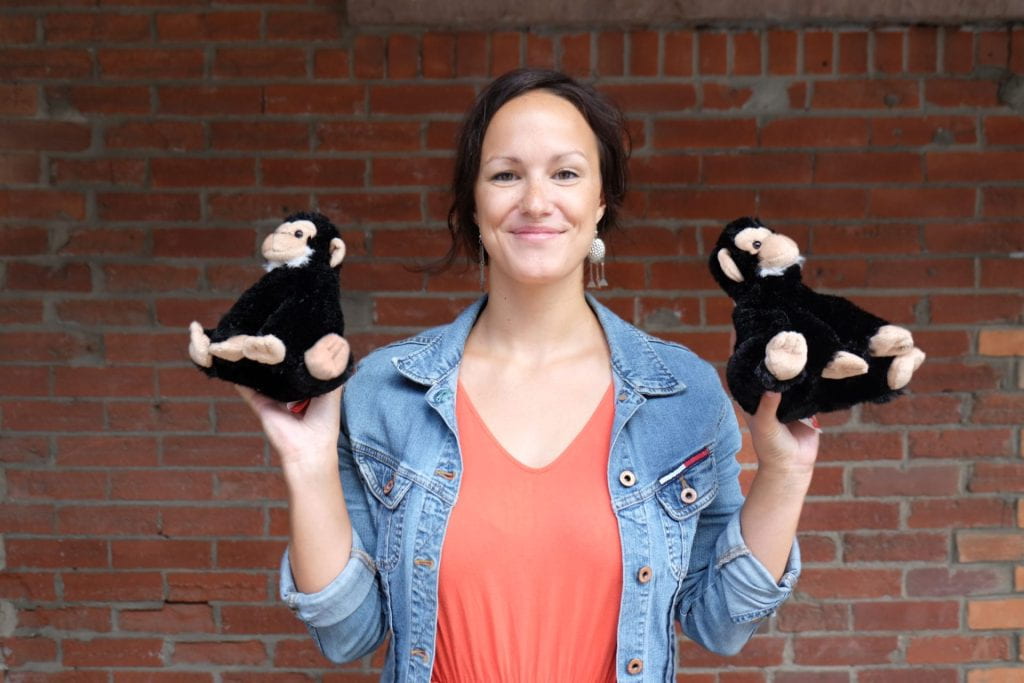
Marie Meloche has worked with grassroots organizations, local and international NGOs in Canada and the Middle East before joining the JGI team in 2018. As the Programs Manager, she supports the implementation of community-centered conservation projects in Africa and Canada. She believes that the key to sustainable development is to build meaningful partnerships with communities and local actors, with women at the center of the locally-led development strategies.
*U of G faculty, staff, students are welcome to view this seminar live. Email onehealth@uoguelph.ca to request a teams link.
Seminar: “Social Reproduction and One Health on the Farm: Feeding the World as if People Mattered” | February 6, 2024
WINTER 2024 SEMINAR
In collaboration with the Guelph Institute of Development Studies (GIDS) and the Canada India Research Centre for Learning and Engagement (CIRCLE), OHI is delighted to welcome Dr. Andrew Flachs.
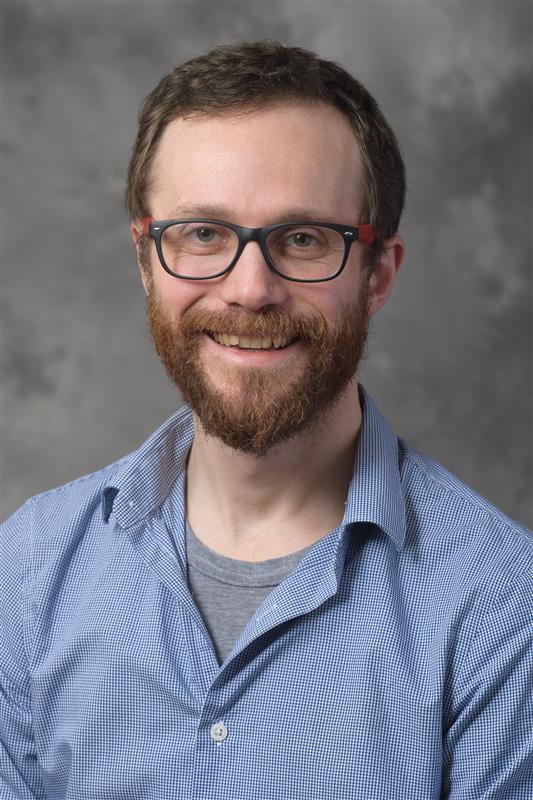
Dr. Andrew Flachs
Associate Professor // Anthropology Faculty
Affiliated Faculty // Global Studies // SIS
College of Liberal Arts | Purdue University
Biography: Dr. Andrew Flachs researches food and agriculture systems, exploring genetically modified crops, heirloom seeds, and our own microbiomes. He is currently an associate professor of anthropology at Purdue University where his work among farmers in North America, the Balkans, and South India asks how we shape and are shaped by the worlds around us. Andrew’s research has been supported by the National Geographic Society, the American Institute of Indian Studies, the Social Sciences and Humanities Research Council, and the US department of education, while his writing on agricultural development has been featured in over three dozen peer-reviewed publications as well as public venues including Sapiens, Salon, and the National Geographic magazine. Andrew’s work has been recognized by several international awards, including most recently as a finalist for the Society for Economic Anthropology Kate Browne Creativity in Research Award and the International Convention of Asia Scholars’ Book Prize. Outside of academia, he is an avid cook, parent, cyclist, and musician who has performed in New York City, St. Louis, Asheville, and the San Francisco Bay Area.
1:30-3:00 PM EST | Seminar | Watch the seminar!
Social Reproduction and One Health on the Farm: Feeding the World as if People Mattered
Seminar Summary: Although farms are living spaces that anchor diverse economies, the challenge of feeding the world is dominated by narrow questions of yield, efficiency, and cost-benefit analysis. Combining streams from world ecology, critical agrarian studies, and diverse economies thinkers, Flachs will discuss anthropological case studies from India, Bosnia, and the U.S. Midwest to ask how small-scale agriculture supports living communities in place: feeding the world as if people mattered. Central to this approach is viewing efficiency not as a function of yields, profits, or commodities produced but of reproducing the conditions for local health and wellbeing. The talk will center small-scale agriculture as an engine of social reproduction, the continual creation of communities of practice. This analysis both helps to re-value the rippling benefits of local farm systems and illuminate the profound damage of commercial plantations that emphasize commodity production.
Seminar: “Towards a mechanistic understanding of global change: from cells to ecosystems and human well-being” | November 15, 2023
November 15, 2023 | 12:30-1:20 PM EST
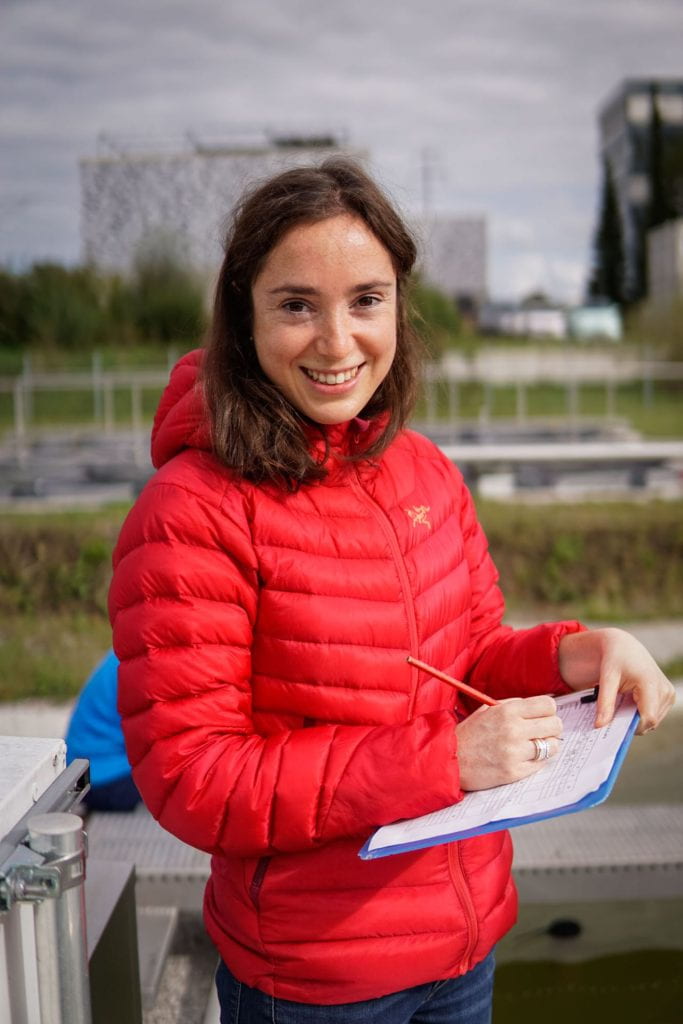
Joey Bernhardt
Towards a mechanistic understanding of global change: from cells to ecosystems and human well-being
Assistant Professor | Department of Integrative Biology
College of Biological Sciences | University of Guelph
KEYNOTE LECTURE: “The One Health Approach: Governance and Operationalization Challenges” | November 2, 2023
“The One Health Approach: Governance and Operationalization Challenges”
NOVEMBER 2, 2023 | Lifelong Learning Center, OVC Room 1714
7-9 PM | KEYNOTE & PANEL DISCUSSION
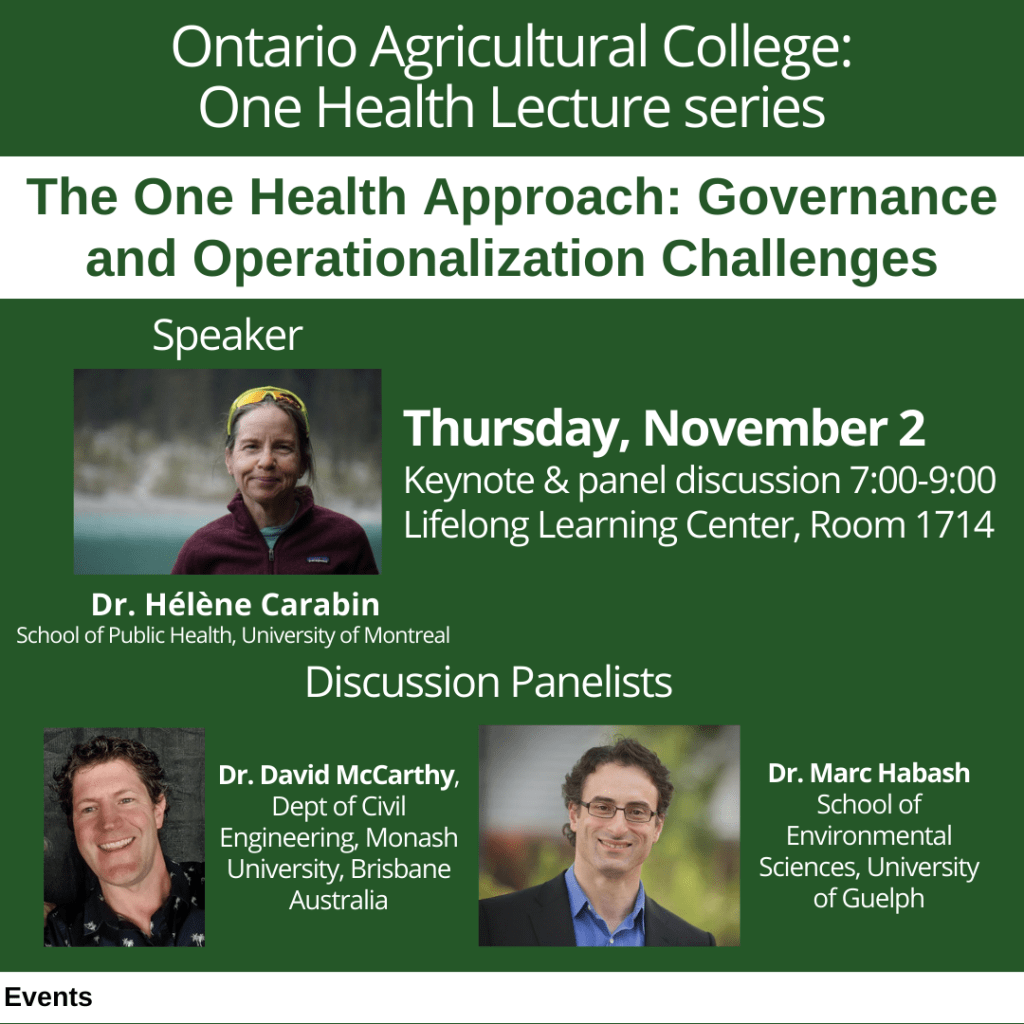

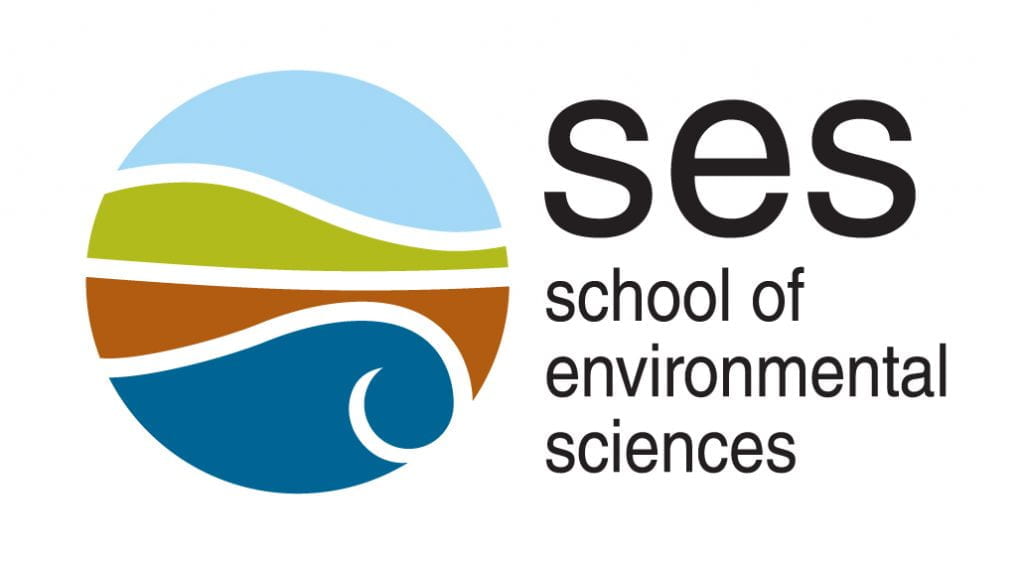

Seminar: “Anthropogenic impacts on environmental systems” | November 1, 2023
November 1, 2023 | 12:00-12:50 PM EST
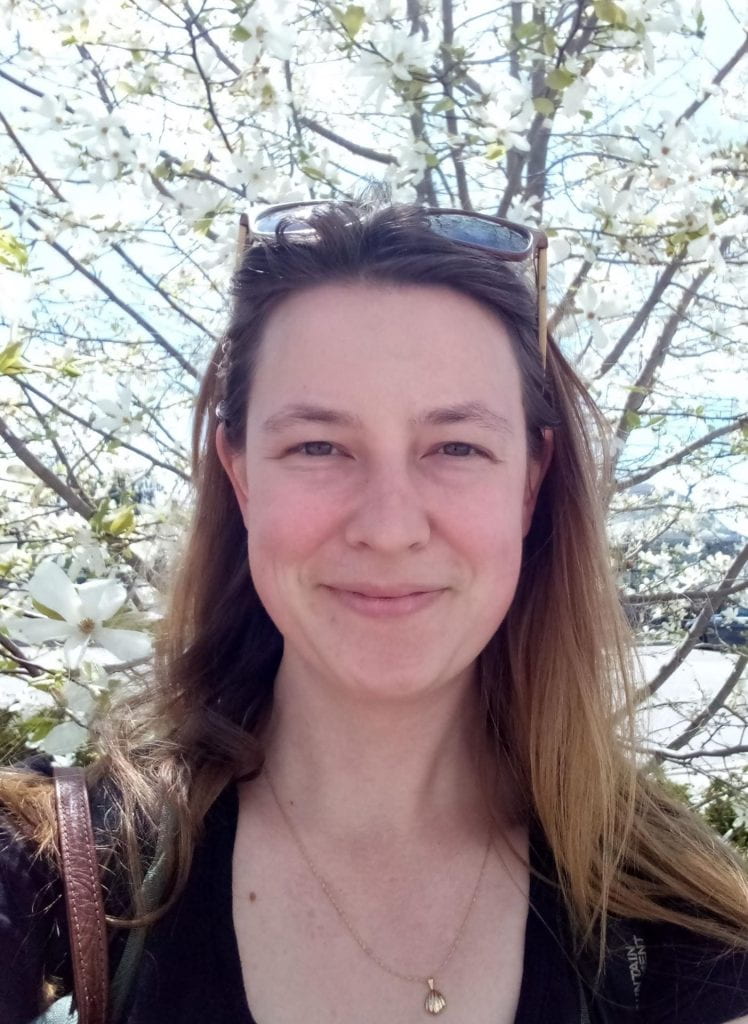
Liane Miedema
Anthropogenic impacts on environmental systems
Ph.D. Candidate | School of Environmental Sciences
Ontario Agricultural College | University of Guelph
Description: Our society is inseparable from the environment, whether it’s the planetary level impact of greenhouse gas emissions on climate change or the local impact of Toronto’s urban expansion on forest biodiversity. This talk introduces three different scales of anthropogenic impacts on the environment and the implications of the increasingly complicated interface between human society and natural systems.
Seminar: “Lived expertise and intervening on the consequences of resource extraction” | October 18, 2023
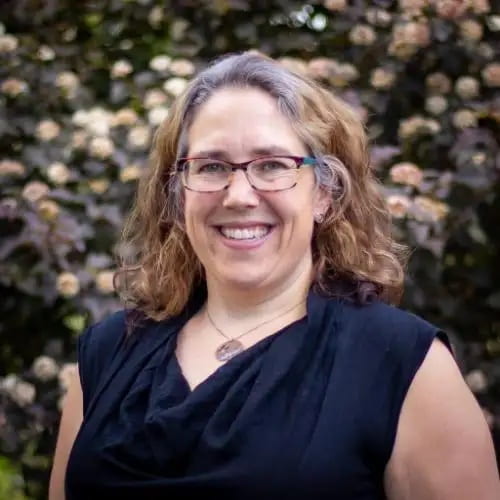
Leah Levac
Lived expertise and intervening on the consequences of resource extraction
Associate Professor | Department of Political Science
Affiliate Faculty | One Health Institute
College of Social & Applied Human Sciences | University of Guelph
Seminar: “New Directions in Global One Health” | September 20, 2023
The Food and Agriculture Organization of the UN (FAO), the UN Environment Programme (UNEP), the World Health Organization (WHO), and the World Organisation for Animal Health (WOAH) have launched the first joint plan on One Health. The Quadripartite Joint Plan of Action on One Health (2022-2026) seeks to improve the health of humans, animals, plants, and the environment, while contributing to sustainable development. Once implemented, it is hoped that the Joint Plan of Action will help drive down health risks through an integrated approach to human, animal and environment health.
But what does this look like, in practice? What needs to happen next to reduce barriers for countries facing the biggest challenges at the nexus of human/animal/environmental health?
The University of Guelph’s One Health Institute, in partnership with the Guelph Institute for Development Studies, are pleased to welcome Dr. Dominique Charron and Dr. Nitish Debnath for a panel discussion on New Directions in Global One Health. Both Dr. Charron and Dr. Debnath are members of the One Health High Level Expert Panel that helped develop the Joint Plan of Action, and will speak about possibilities for implementation from their unique vantage points – Dr. Charron focusing on the forthcoming Implementation Guide from the Quadripartitie UN organizations and WOAH, and Dr. Debnath focusing on how Bangladesh is implementing One Health at a national level.
Date: September 20, 2023
Time: 12:00 PM – 2:00 PM
Location: ECLA 3702 A/B
This in-person event is free, and registration is not required. If you would like to participate virtually, you may join here.
Schedule
| 12:00 PM | Introduction to the One Health Institute and One Health at the University of Guelph – Cate Dewey | Director, One Health Institute |
| 12:10 PM | Introduction to the One Health Student Committee |
| 12:25 PM | Tech break |
| 12:30 PM | “New Directions in Global One Health” – Dominique Charron (Panelist) | 15 mins – Nitish Debnath (Panelist) | 15 mins – Andrea Paras (Moderator) | 20 mins – Structured Q&A |
| 1:20 PM | Open Q&A |
| 1:50 PM | Closing |
Panelists
Dominique Charron
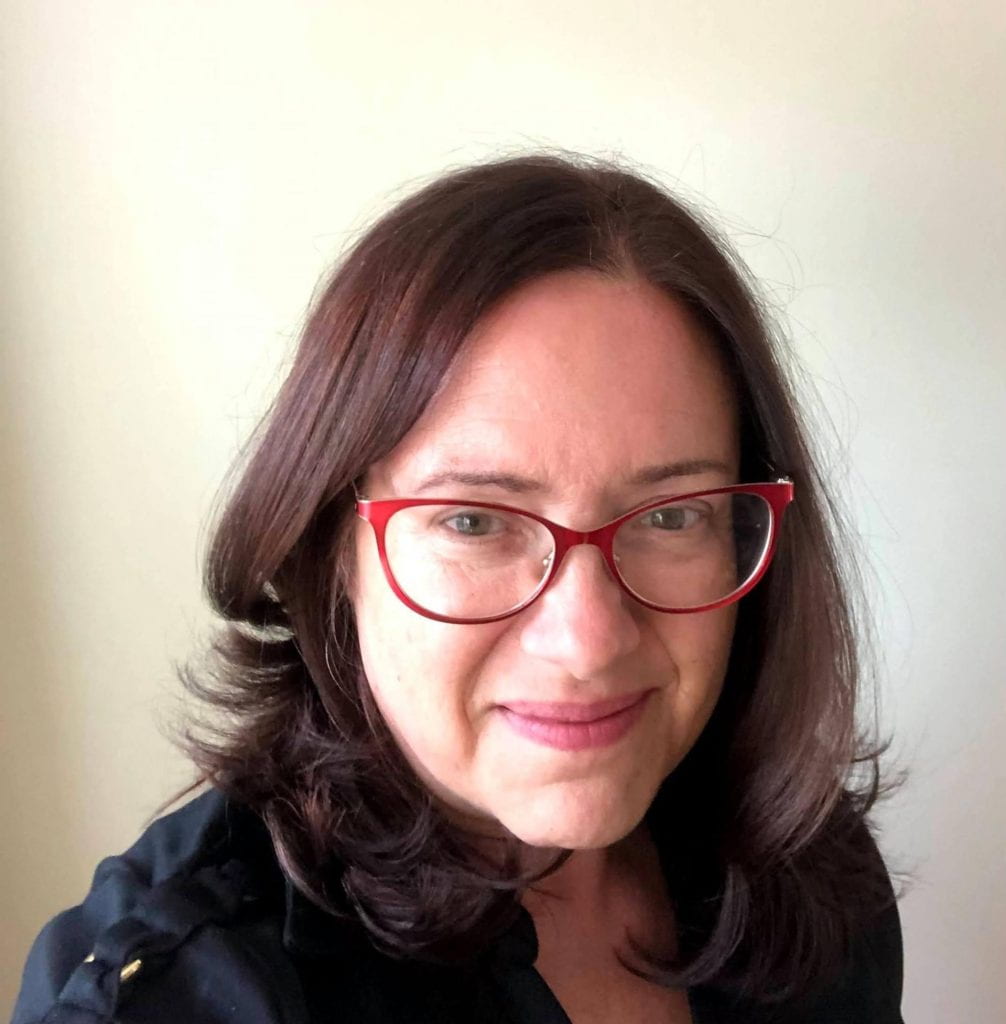
Visiting Professor | One Health Institute, University of Guelph
Former Vice-President, Programs and Partnerships | International Development Research Centre (IDRC)
Dr. Dominique Charron is a Visiting Scholar in One Health at U of G. Dominique was formerly Vice-President, of Programs and Partnerships, at the International Development Research Centre in Ottawa. She is a member of the One Health High-Level Expert Panel, which was established by 4 global partners, the Food and Agriculture Organization (FAO), the World Organization for Animal Health (OIE), the United Nations Environment Programme (UNEP), and the World Health Organization (WHO), to enhance their cross-sectoral collaboration. OHHLEP developed a working definition of One Health, which was endorsed by the 4 global partners.
Nitish Debnath
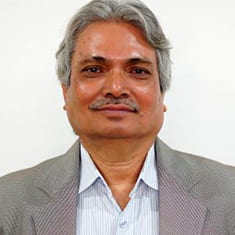
Team Leader, Fleming Fund Project, Bangladesh
Professor Nitish Debnath is a veterinarian, holds a PhD in Virology from the University of Surrey, MSc in Tropical Veterinary Medicine from the University of Edinburgh and had his postdoctoral training on nonspecific immunity in Japan.
He pioneered the formation of One Health Bangladesh in 2008 as a civil society One Health platform for Bangladesh. He has been involved with many national and international research projects on animal health and veterinary education. From 2011-2018 he worked for the Food and Agriculture Organization of the United Nations as a technical advisor on One Health. Since January 2020 he has been working as Team Lead of Fleming Fund Country Grant to Bangladesh and is one of the 26 members of the One Health High Level Expert panel (OHHLEP), and has advised the Quadripartite (FAO, WOAH, WHO and UNEP) platform.
Moderator
Andrea Paras
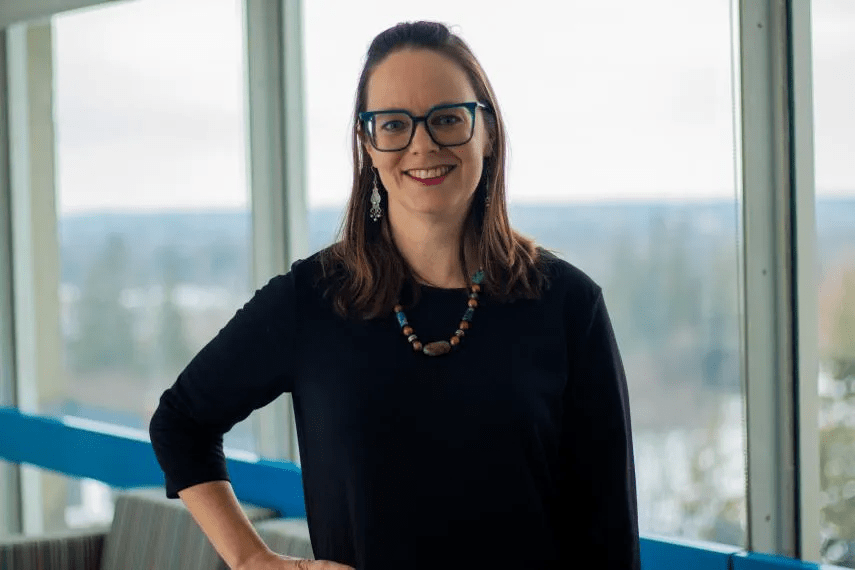
Associate Professor | Department of Political Science
College of Social & Applied Human Sciences, University of Guelph
Andrea Paras is an Associate Professor in the Department of Political Science. Prior to joining the University of Guelph in 2012, she was an Assistant Professor at the Asian University for Women in Chittagong, Bangladesh.
Dr. Paras teaches and supervises in the areas of international development, international relations, human rights and humanitarianism, religion and politics, community-engaged research, and intercultural competence. She has led the India Field School program, an intensive course on the ethics of international voluntourism that takes place in Guelph and Dharamsala, India.
One Health Student Committee (OHSC)
The University of Guelph’s One Health Student Committee (OHSC) is the official and CSA-accredited student organization for the Bachelor of One Health program and other students involved in One Health activities on campus. Since 2019, we have been the University’s first interdisciplinary student-led organization. Every year, we engage hundreds of students and other members of our community through One Health awareness and education, networking and collaboration, fundraising efforts, and scholarship opportunities.
Seminar: “One Health Research in Action: Community-Based Approaches to One Health Projects in Asia and Africa” | July 14, 2023
Seminar: “One Health Research in Action: Community-Based Approaches to One Health Projects in Asia and Africa”
July 14, 2023
View the seminar here!
Dr. Florence Mutua and Dr. Hung Nguyen-Viet from the International Livestock Research Institute (ILRI) focus on One Health approaches to research, using specific, real-world examples to illustrate challenges and opportunities when conducting community-based/community-driven research with resource-poor, vulnerable populations in tropical areas.
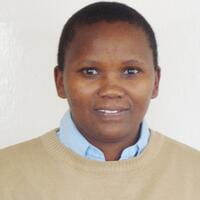
Dr. Florence Mutua
Scientist
International Livestock Research Institute (ILRI)
Florence Matua is a scientist at the International Livestock Research Institute (ILRI), based in Nairobi, Kenya. She is interested in food safety and One Health. Florence is a veterinarian and holds a PhD in Epidemiology from the University of Nairobi. Her early research was on smallholder pig health and production. Florence’s post-doctoral research was on traceability in cattle traded in major routes in East Africa. Prior to joining ILRI, Florence taught at the Faculty of Veterinary Medicine, University of Nairobi.
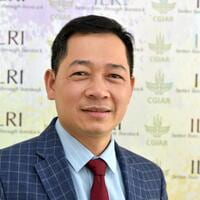
Dr. Hung Nguyen-Viet
Co-Leader, Animal and Human Health Program
International Livestock Research Institute (ILRI)
Hung Nguyen-Viet is the co-leader of Animal and Human Health Program at the International Livestock Research Institute (ILRI) and the lead of the CGIAR initiative on One Health. His current research focuses on the link between health and agriculture, food safety, and infectious and zoonotic diseases with an emphasis on the use of risk assessment for food safety management with an integrative approach (One Health and Ecohealth). Prior to joining ILRI, he co-founded and led the Center for Public Health and Ecosystem Research (CENPHER) at Hanoi University of Public Health. He has also worked for the Swiss Tropical and Public Health institute (SwissTPH) and Sandec/Eawag in Switzerland as a postdoctoral researcher in Microbiology, Health, and Environment.
Seminar: “Is Implementation of One Health Globally Within Reach?” June 27, 2023
Seminar: “Is Implementation of One Health Globally Within Reach?”
June 27, 2023
View the seminar here!
Dr. Dominique Charron discusses her work on the UN Quadripartite One Health High-Level Expert Panel and her impressions of the Canadian high-level decision-making landscape. The talk will cover recent developments in policies and plans of international organizations in the Canadian context, and highlight some continuing gaps and potential actions.
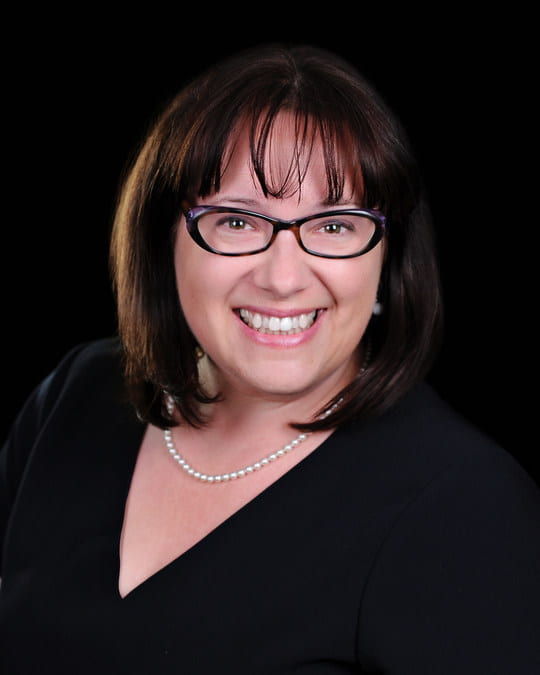
Dr. Dominique Charron
Visiting Scholar | One Health Institute, University of Guelph
Former Vice-President, Programs and Partnerships | International Development Research Centre (IDRC)
Dr. Dominique Charron is a Visiting Scholar in One Health at U of G. Dominique was formerly Vice-President, of Programs and Partnerships, at the International Development Research Centre in Ottawa. She is a member of the One Health High-Level Expert Panel, which was established by 4 global partners, the Food and Agriculture Organization (FAO), the World Organization for Animal Health (OIE), the United Nations Environment Programme (UNEP), and the World Health Organization (WHO), to enhance their cross-sectoral collaboration. OHHLEP developed a working definition of One Health, which was endorsed by the 4 global partners.



